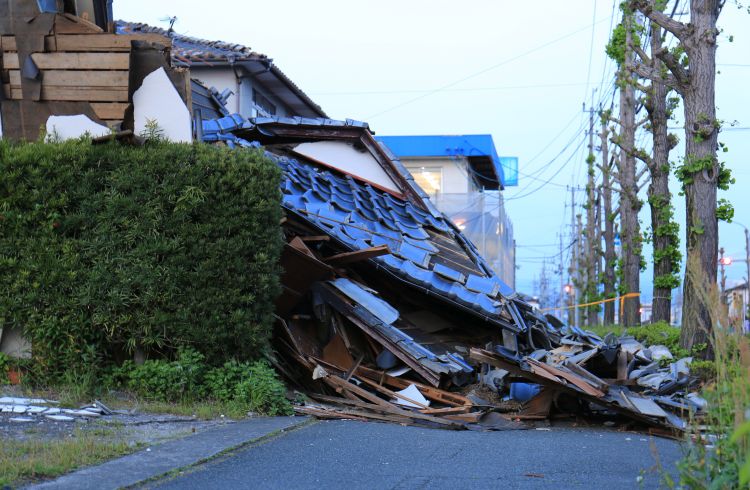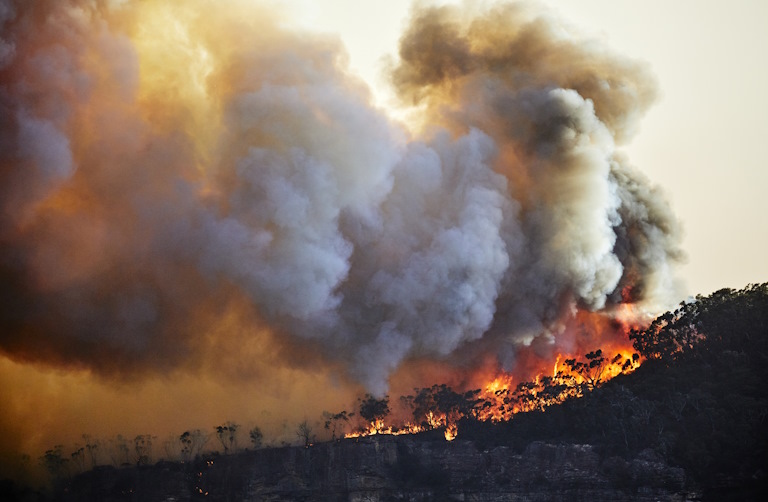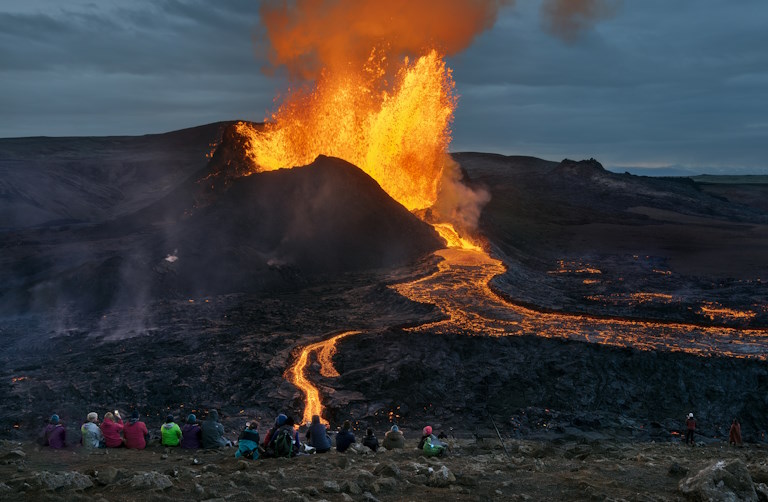Earthquake Survival: Essential Travel Safety Tips
What should you do before, during and after an earthquake? Stephanie Hubbard, an expert seismologist, shares her safety tips to be prepared in earthquake-prone areas.
 Photo © Getty Images/Semba Hisayuki/Eye Em
Photo © Getty Images/Semba Hisayuki/Eye Em
Earthquakes can happen at any time, but unfortunately there’s no way to predict exactly when and where an earthquake will happen. Earthquake detectors can give about 10 seconds warning, and earthquake apps often alert you hours after the earthquake happens – so helpful!
If you are traveling to an earthquake-prone region, here are a few safety tips to survive and stay safe when the ground shakes.
- How to prepare for an earthquake
- How to stay safe during an earthquake
- What to do after an earthquake
How to prepare for an earthquake
The best way to survive is to prepare yourself.
- Have an emergency kit with your phone, food, water, water purification tablets, money, first-aid kit, a charged power bank and important documents like your passport and travel insurance policy in your daypack. Keep this bag on you in earthquake-prone areas – it’s your lifeline if anything happens.
- Write down the phone numbers of your important contacts, as well as saving them saved in your phone.
- At a minimum you want the embassy and an emergency contact at home who can keep your friends and family updated. Your local friends, airline, tour company and travel insurance company are also good numbers to have.
- Identify an evacuation point close to your accommodation. It should be an open area away from overhanging trees, powerlines and bridges.
- Think about secondary dangers, such as tsunamis in coastal areas (head for high ground), and landslides in hilly areas (head for flat, open areas or wide ridges).
- You should also identify the safest places in your room. Underneath sturdy pieces of furniture is best. If this isn’t possible, find a space against an internal wall away from windows, heavy pieces of furniture, and anything else that can fall on you.
Tip: If you’re traveling to a region that’s known for natural disasters, it's a good idea to do some research to see if there have been any warnings. If you buy a policy after an event is known, and the natural disaster impacts your trip, you won’t be covered for any expenses.
How to stay safe during an earthquake
- If you’re outside or very close to the exit of a building when an earthquake happens, move to an open space away from hazards such as buildings, trees, powerlines, and bridges, and get on the ground. Make sure your head is covered.
- If you’re inside a building but not close to an exit, it’s better to find a safe place inside and ride it out. Look for a place away from falling objects and windows, and crouch to the ground, covering your head.
- Rushing outside during the shaking isn’t the best option – plenty of earthquake injuries happen from falls when people try to run. Unless you’re in an old adobe or wood house, doorframes aren’t the safest place either. Get under some strong furniture or against an internal wall.
- The bathtub or “triangle of life” spaces beside furniture aren’t the safest places either – the danger inside is mainly from falling objects. Hiding under the bed or a strong table is a better idea, it provides protection from those falling objects.
- If you’re in bed, stay there and cover your head with a pillow.
- If you’re in a wheelchair, make sure you stay away from any objects which could fall. Lock the wheels and cover your head with your arms.
What to do after an earthquake
Get straight to your evacuation point when it is safe to do so, and take your emergency kit with you.
Try to get in touch with your embassy and emergency contacts. Save your phone’s battery and let your emergency contact keep your friends and family posted. Social media has also become a tool for crisis communication. Use the check-in apps or post a message to let people know you are safe.
If you’re trapped under rubble, avoid moving to save your energy and avoid stirring up dust. Only call for help when you can hear people nearby. Conserve your food and water that you do have on you, as it's hard to know how long it will be until help arrives.
Related articles
Simple and flexible travel insurance
You can buy at home or while traveling, and claim online from anywhere in the world. With 150+ adventure activities covered and 24/7 emergency assistance.
Get a quote

No Comments